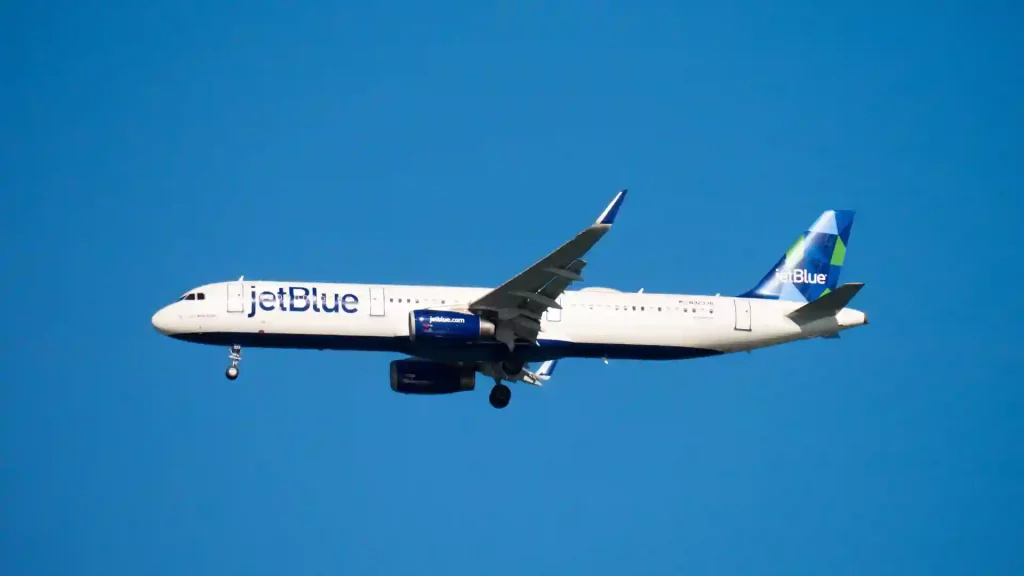Spirit Airlines Inc, the ultra-low-cost carrier in the US, accepted a USD3.8 billion buyout offer from JetBlue, ending a prolonged bidding war for the airline.
JetBlue, based in New York, closed the deal one day after Spirit Airlines abandoned a USD2.7 billion merger proposal with Frontier Group Holdings.
While shares of JetBlue were down by 2.4 percent, Spirit Airline’s shares were up by 5.4 percent in trading during the day.
The acquisition of Spirit Airlines by JetBlue signifies a combined market share of 9 percent, and would create the fifth-largest airline in the US. The company expects the deal to speed up its plans to operate over 1,700 daily flights to over 125 destinations, while increasing net synergies between USD600 million to USD700 million..
The final outcome of the deal will hinge on securing regulatory approvals, and is expected to close by the first half of 2024. Uncertainty over securing regulatory approvals was one of the reasons why Spirit Airlines repeatedly rejected offers from the company.
JetBlue CEO confident of clearing regulatory hurdles
CEO of JetBlue, Robin Hayes, was confident that the deal would clear any regulatory hurdles and the transaction would be closed.
Hayes said that the company believed that with greater national coverage, the airline could play a significant role in lowering the cost of air travel across the board. He added that in addition to the deal, the company had offered an unprecedented measure of divestiture commitments.
Arguing that it would lead to higher fares, the US Justice Department had filed an antitrust lawsuit against JetBlue and American Airlines Group over their alliance at Boston and New York airports.
While the company declined to abandon the alliance, it has instead offered to divest Spirit Airlines holdings at the Northeastern airports.
While expressing confidence that the two companies will be able to work together, Hayes-led JetBlue will face the additional challenge of smoothening ties after it had repeatedly questioned the integrity of Spirit’s board of directors in the course of finalising the deal.
Hayes mentioned that theirs was one of the toughest industries to compete in, and people should avoid getting upset over things said during a process, and if they did, they shouldn’t be in their jobs.
CEO of Spirit Airlines, Ted Christie, said that his team would focus on closing the deal, since the offer from JetBlue was in the best interests of Spirit Airlines shareholders.
Representing a premium of almost 38 percent to the last closing price of Spirit shares, JetBlue’s offer comes in at USD33.50 per share. The offer could increase to USD34.15 per share if a ticking fee is offered to shareholders from January 2024 until completion of the deal.
In February this year, Spirit Airlines had signed a cash-and-stock deal with its rival Frontier in a bid to establish a no-frills airline to compete with bigger national carriers. Later in the year, in April, JetBlue made an all-cash offer to Spirit, which sparked a fierce bidding war with Frontier.
Concerned that US regulators would block a deal with JetBlue, Spirit pushed for a merger with Frontier, even as JetBlue offered superior terms. However, Spirit could not garner sufficient investor support for the deal with Frontier, and had to delay a shareholder vote on the acquisition four times.
